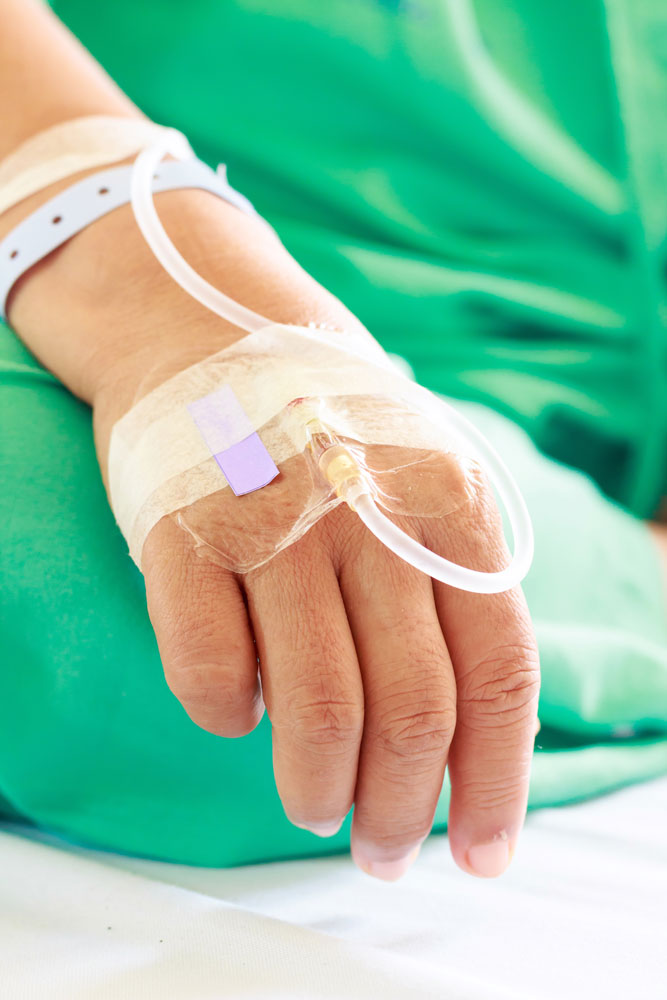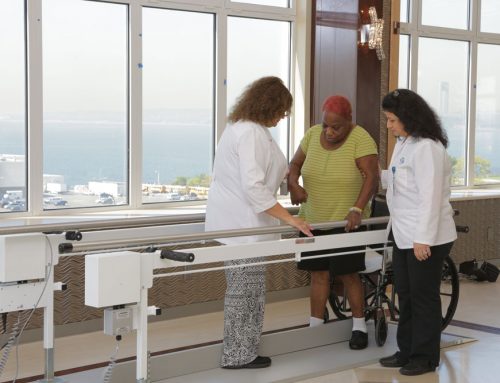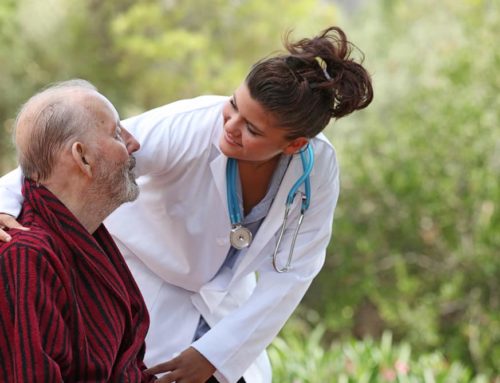Whether the result of surgery or an accident, infected wounds need prompt treatment. Left alone they can fester and become painful or even gangrenous. Infections occur when germs spread within the damaged skin of a wound. People with severe or persistent infections will need professional wound care.
What Happens If A Wound Gets Infected?
With proper care, it’s usually easy enough to treat minor cuts and scratches. If a wound becomes infected, however, it will gradually become more painful, instead of healing. You may notice warm or red skin around the wound and have a swelling. Wound infections can also lead to discharges of pus and smell unpleasant. Severely infected wounds may even cause nausea, chills, or fever.
Types Of Infected Wounds
Open wounds are more likely than closed wounds to develop infections because broken skin allows easy access for germs.
An abrasion is when your skin scrapes against a rough surface, for example if you fall off a bicycle. Such wounds don’t cause a lot of bleeding but need to be properly cleaned to avoid wound infections.
Another type of open wound is a laceration—a deep cut or tearing of the skin. Accidents with machine tools or knives cause lacerations which can lead to profuse bleeding.
A puncture wound is when the skin is pierced by a sharp object such as a nail. While they might not bleed much to start with, they can cause severe internal injuries.
Finally, avulsions tear away skin and the tissue beneath it and are associated with serious accidents and infected wounds.

Treatment And Care
Wounds heal best when they are clean and free from germs so wound care will focus on ensuring clean dressings. Antibiotic creams, such as fusidic acid, may help if the infection is minor. Where there is a risk of wound infections spreading, your doctor will prescribe oral antibiotics. Depending on the cause of the wound, your doctor may also recommend a tetanus booster.
Treatment and care will also depend on whether you have diabetes, which can slow down wound healing. So you will need diabetic wound care. Wounds also take longer to heal if you are elderly or overweight, or if your immune system isn’t working well. Larger or deeper wounds are more likely to get infected so need particular care to prevent conditions like sepsis.
Haym Salomon Home for Nursing & Rehabilitation in Brooklyn, NY, follows strict procedures to help avoid wound infections. We also offer second to none wound care. With us, you can rest assured that you will get the best care and treatment for your infected wounds. Our superb, multilingual, medical personnel develop individualized treatment programs. The skilled nursing and loving care we provide for our patients ensures their speediest possible recovery from any type of wounds.
Feel free to call us today to learn about our numerous programs specifically tailored towards supporting and caring for patients with any type of infected wounds.
This content comprises informative and educational resources only and can not be considered as a substitute for professional health or medical guidance. Reliance on any information provided in this article is solely at your own risk. If you have any inquiries or apprehensions about your medical condition or health goals, talk with a licensed physician or healthcare provider.






Leave A Comment